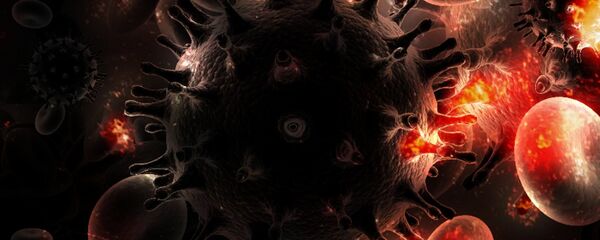A new drug which has been developed for use in the fight against breast cancer and diabetes has been found to be effective against fatty plaques that can form inside arteries and lead to heart attacks and strokes.
Researchers at the University of Aberdeen trialed the drug Trodusquemine on mice and discovered that it melted away atherosclerotic plaques inside the mice's arteries and therefore prevented atherosclerosis, the condition of clogged arteries that causes most heart attacks and strokes.
"These plaques can cause the arteries to then harden and narrow, which will in turn restrict the blood flow to your vital organs," leader of the study Professor Mirela Delibegovic of the University of Aberdeen's Institute of Medical Sciences told Radio Sputnik.
Since obesity and Type 2 diabetes are associated with cardiovascular problems, one of the main risks of atherosclerosis, the researchers had a hunch that the drug might have an impact on that condition, too. Their study found that the drug also stimulated the action of another protein (AMPK), which effectively mimics exercise and reduces chronic inflammation.
"There a couple of different types of mice which have a certain atherosclerosis that is very similar to what happens to human arteries," so they were given a high-cholesterol and high-sugar diet similar to that eaten by many humans, which caused them to quickly develop atherosclerotic plaques.
"We gave these animals the drug Trodusquemine either chronically, so once a week for several weeks, or we gave it towards the end once they had developed these plaques. We gave them one single dose to see if it could potentially reverse some of these negative effects," Delibegovic explained.
"What we found was quite surprising for us. We weren't surprised that the animals showed protection from the chronic treatment, but we were quite surprised to see that after the atherosclerosis had already set in, that this one single dose actually had the same beneficial effect as the chronic drug treatment."
"In effect, there is no treatment for atherosclerosis and the problem is of course that none of us know that we have it until it's too late and we are presented with a heart attack, or angina or a similar disease," Delibegovic said.
"This is early pre-clinical work and what we are really excited about is to now try and obtain funding to test whether it would work in humans."



